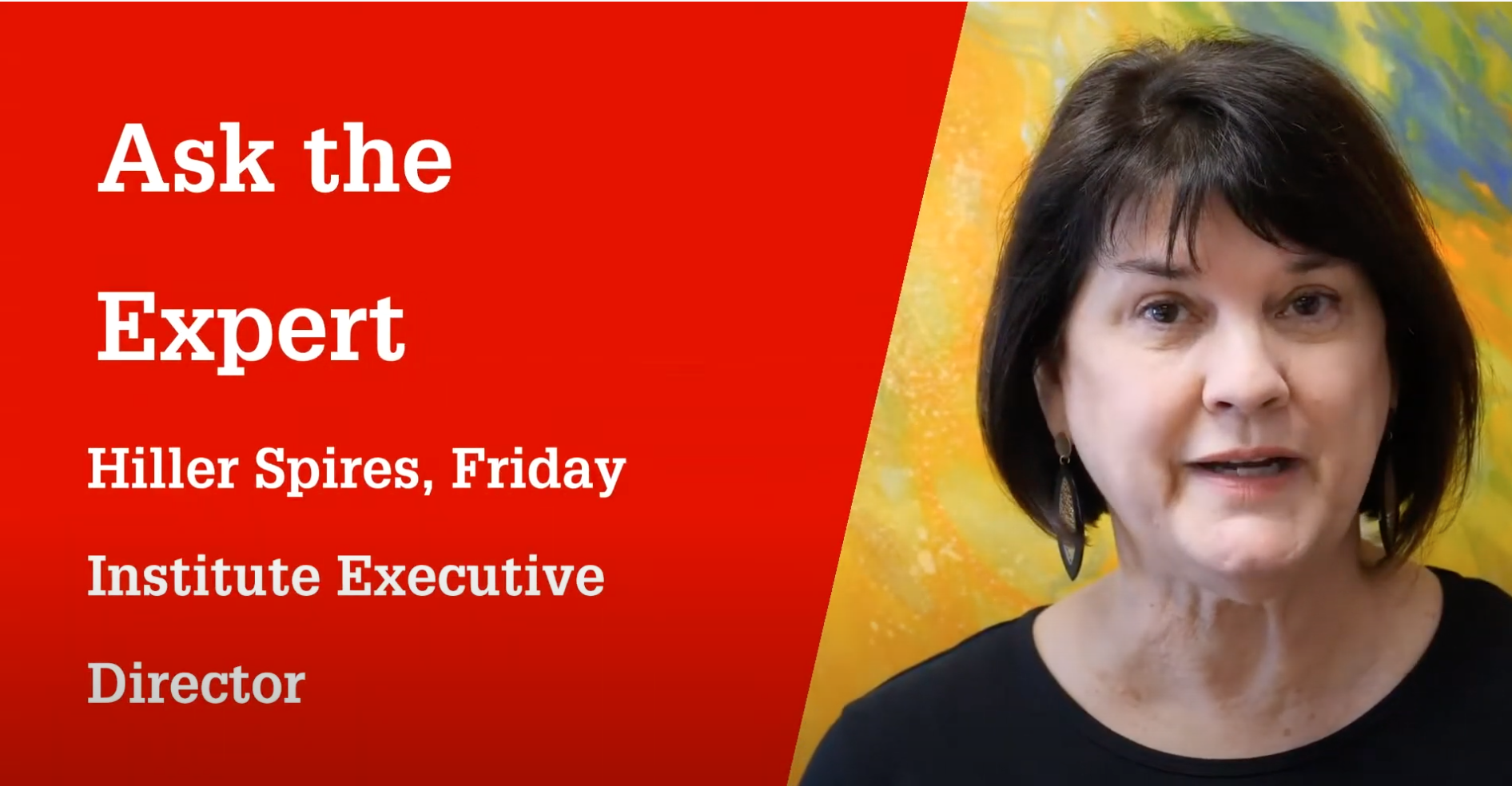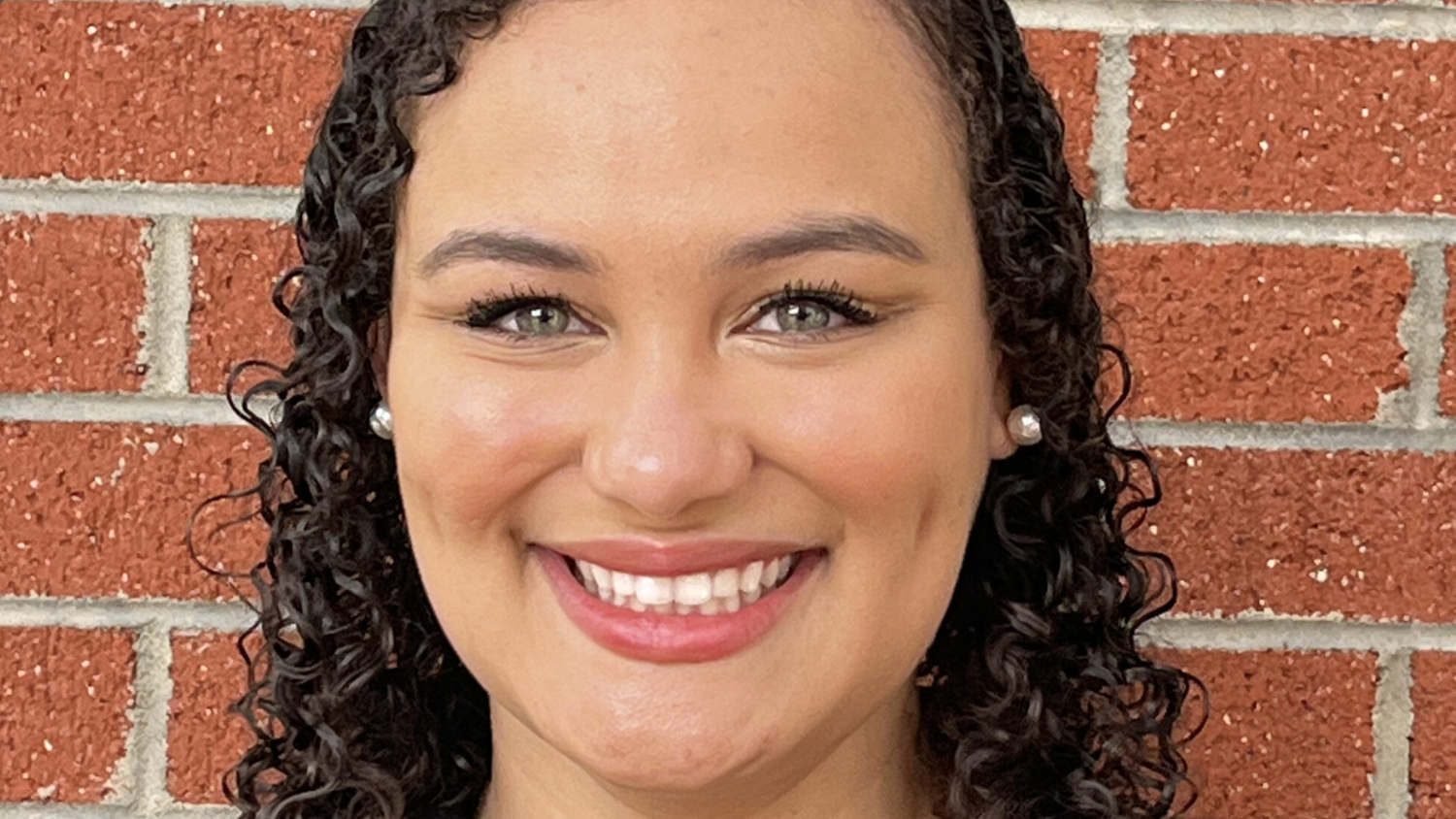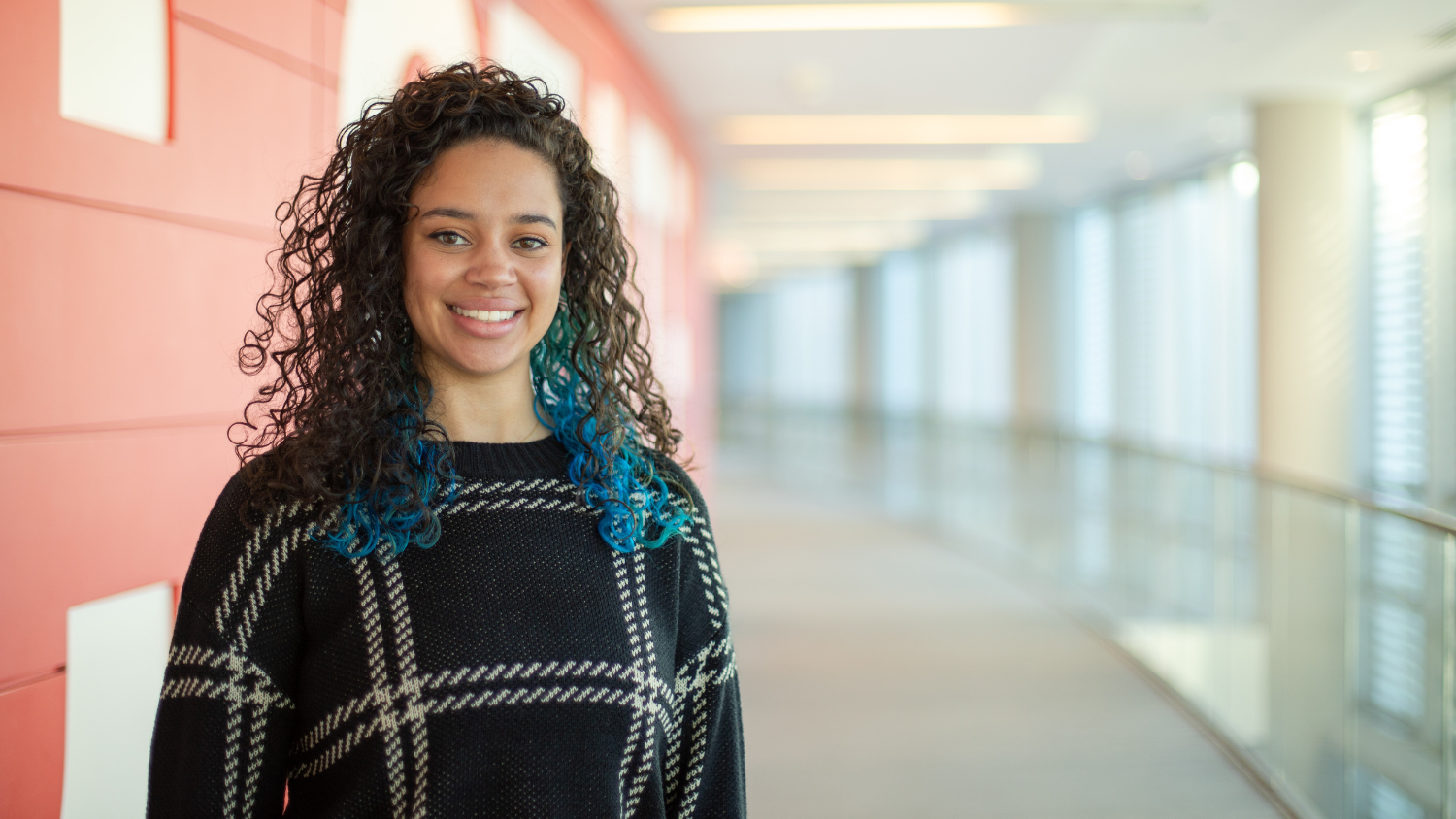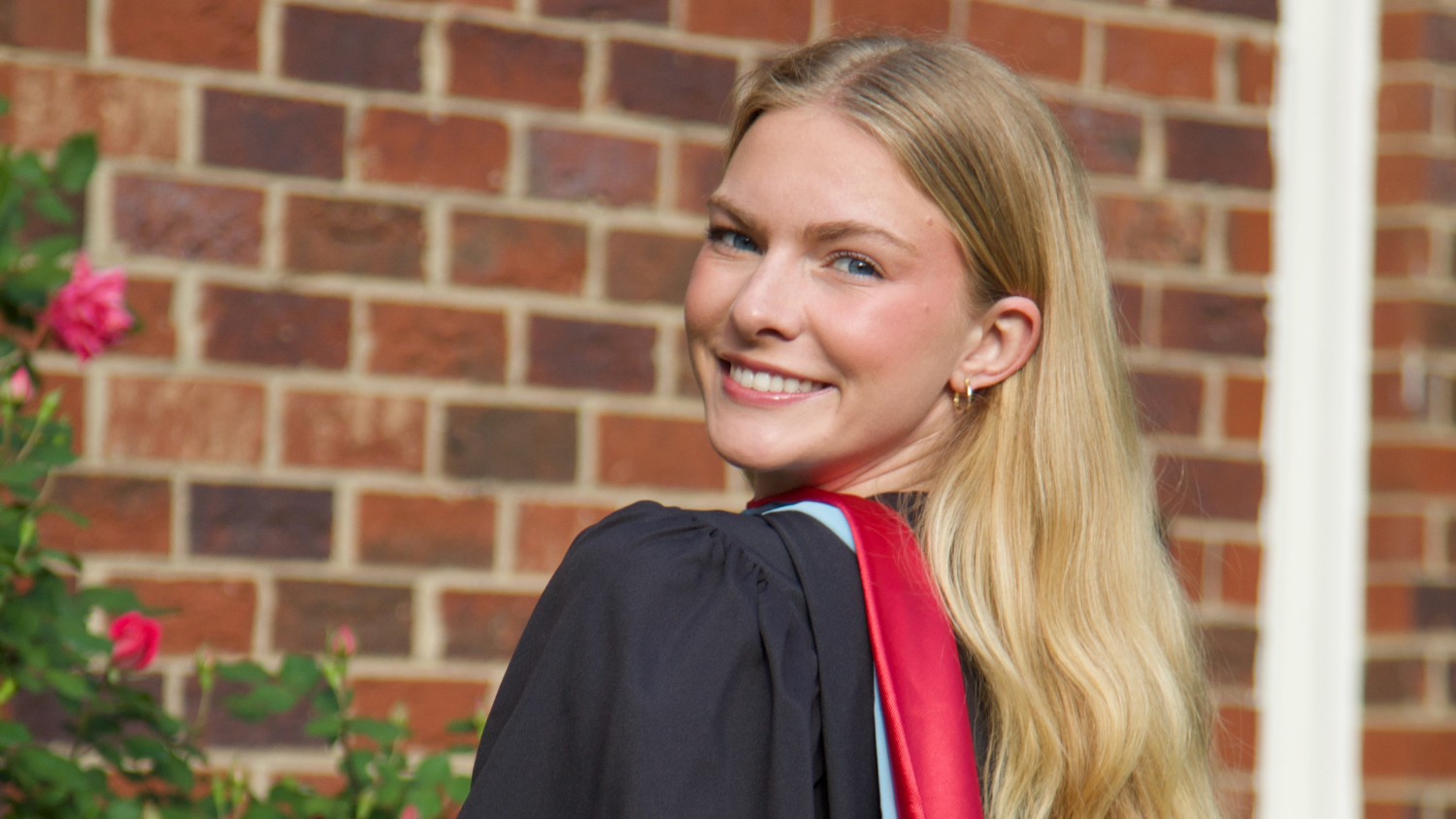Ask the Expert: How is Education Different Around the World? Teaching Philosophies Differ But ‘We All Want What is Best for Our Students,’ Says Friday Institute Executive Director Hiller Spires

This is part of the monthly “Ask the Expert” series in which NC State College of Education faculty answer some of the most commonly asked questions about education.
Pre-service teachers in North Carolina usually have a good understanding of what they can expect in a U.S. classroom, but how is education different around the world?

Hiller Spires, Ph.D., executive director of the Friday Institute for Educational Innovation and an associate dean in the NC State College of Education, has worked with schools and educators in different countries for several years and believes that teachers are working hard to provide the education they believe is most beneficial for their students.
“At the end of the day, educators across the globe have similar goals and aspirations. We all want what is best for our students,” she said.
Despite these similar aspirations, education can look drastically different from country to country. Spires notes that early childhood education in Japan, for example, is primarily focused on academic rigor while early childhood education in Finland emphasizes play.
In developing countries, the economy and geography can play a big role in what education looks like, as well as who has access to it. In a country like Kenya, for example, girls in certain villages are unable to attend school because they must walk for hours each day to fetch fresh water and bring it back to their families.
“When a well is built in one of these villages, all of a sudden these girls’ lives may change dramatically because they can now go to school,” Spires said.
It is important that teachers in North Carolina understand different cultures and educational contexts, as there is a high probability they will have students from different cultural backgrounds in their classrooms.
To help with this, Spires has spent the past decade of her career researching Project-Based Inquiry (PBI) Global. The PBI Global process allows teachers and students to collaborate with other classrooms within North Carolina as well as around the world to help develop global competence as they address issues related to the United Nations Sustainable Development Goals.
These interactions, Spires said, help students develop empathy as well as view issues from different perspectives.
“Being able to slow down and take time to listen to what people from different cultures are saying is a valuable skill,” she said. “Respectful and productive interactions can promote mutual understanding among diverse groups, and this is an important process for education, work and being an active citizen.”
To help teachers further understand how to teach in a global context, Spires has taken more than 80 graduate and undergraduate students, as well as NC State faculty, to study in China over the past several years.
During the most recent study abroad trip last summer, 11 students had the opportunity to immerse themselves in Chinese culture and education through visits to three different cities — Shanghai, Suzhou and Beijing. Students on the trip also visited two Chinese schools, where they were invited to co-teach lessons.
These opportunities to study abroad, facilitated through the college’s Office of Global Programs, are invaluable to future educators, Spires said, because they bring the experience of being in a different culture back to their classrooms in the U.S.
“As a teacher in a classroom with students from different cultures and speaking different languages, it’s essential to know how to relate to students and create space for their culture and their perspectives to be an integral part of the learning process,” she said.
The College of Education also offers a master’s degree in New Literacies and Global Learning, where educators learn about theoretical perspectives on global learning as well as how to implement practical strategies to help students focus on project-based inquiry activities related to global learning.
Although educators uncover different backgrounds, language barriers and educational philosophies while studying abroad or engaging in PBI Global, Spires said that her work with teachers across the globe has a unifying aspect.
“Despite the different contexts, cultures and access to resources, the teachers I’ve worked with in the U.S., China and Kenya are all dedicated to their profession and strive to provide the very best circumstances for their students,” Spires said.
Currently, the global community is navigating the coronavirus (COVID-19) pandemic, which has forced educational institutions across the world to close, with UNESCO estimating more than 1.5 billion students are at home.
“Global education is more important than ever during the pandemic,” Spires said.
In addition, in the wake of the recent murders of Ahmaud Arbery, Breonna Taylor, George Floyd, and Rayshard Brooks there has been a global response against racial injustice. “Human impulse may lead some to want to close off from global connections and understandings as political conflict takes center stage. It is in the shared interest of institutions, communities, and individuals to take a stand for racial equality and international engagement through education. Our collective future depends on it,” she said.
Video by Ryan Clancy
- Categories:


